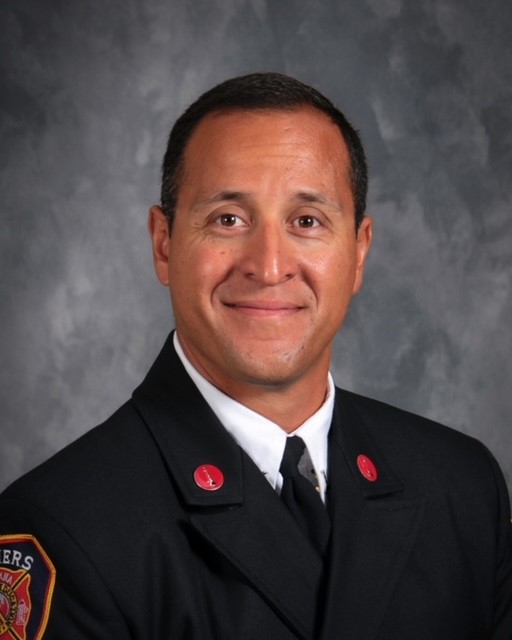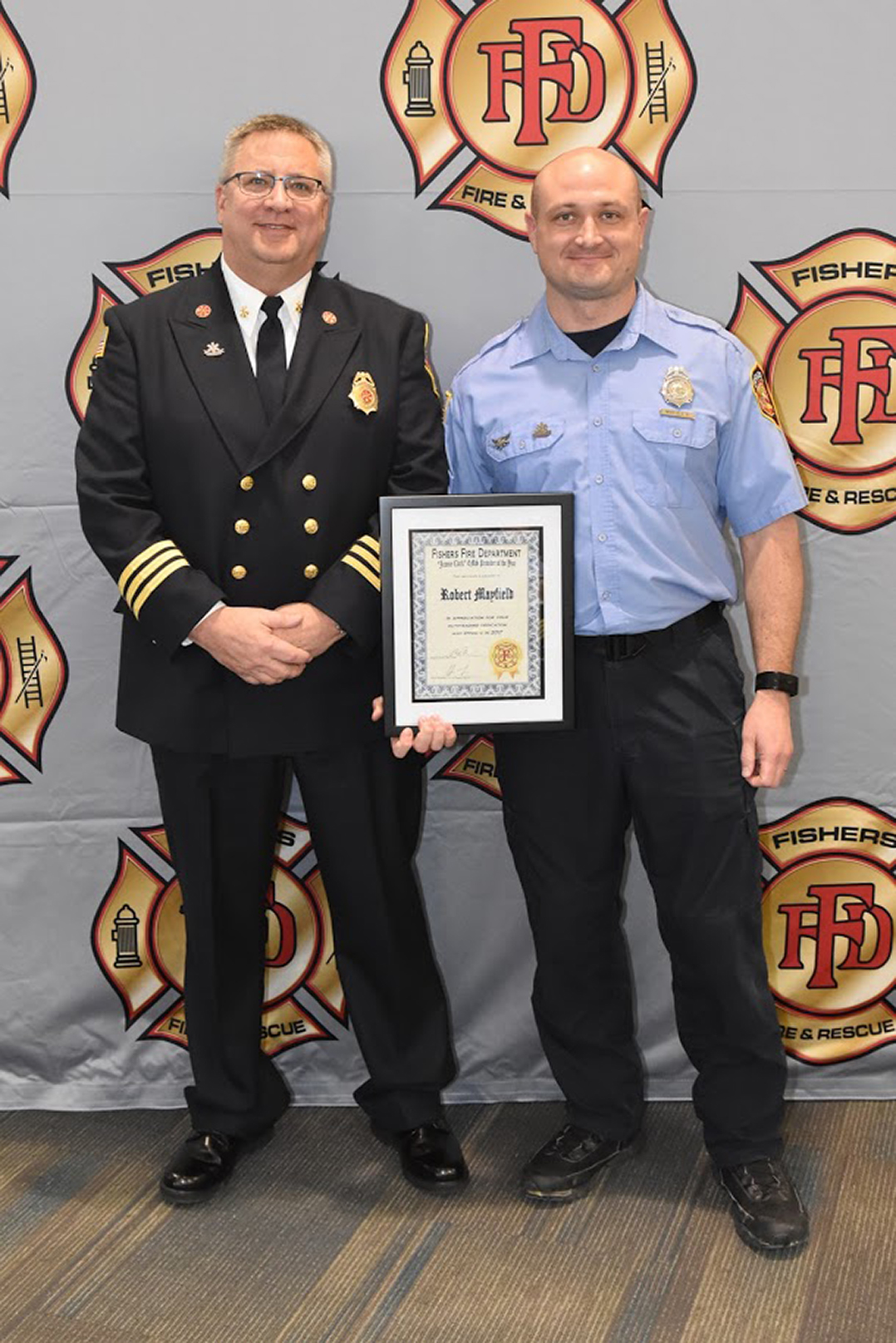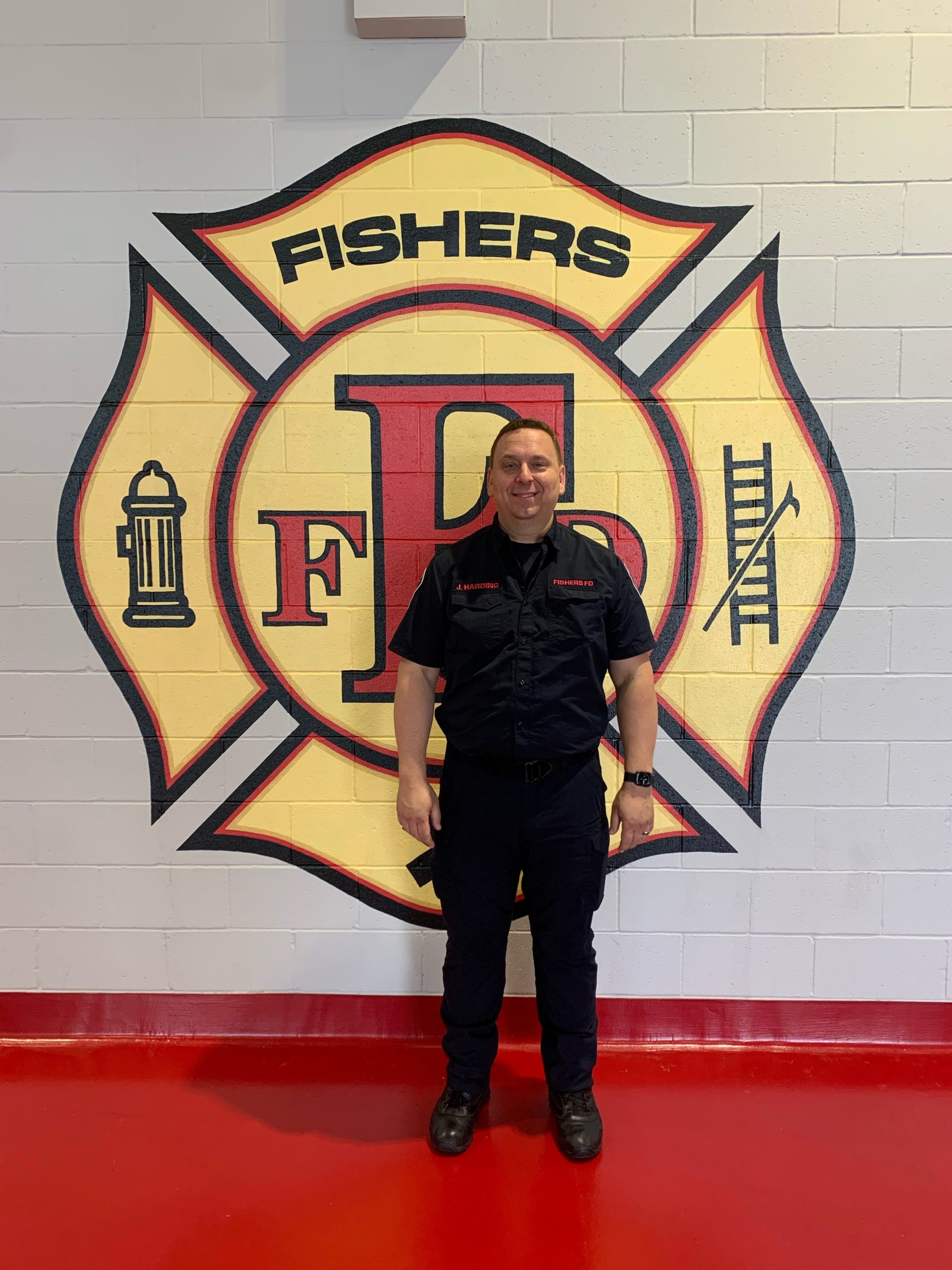Training was identified quickly as a way for firefighters and officers to better understand the circumstances of these incidents, identify interactions which escalate and de-escalate situations, and ultimately, provide the best care for the individual in crisis.
Both police and fire departments committed to sending their personnel through additional training, which enabled both agencies to work closer and more effectively on these emergency scenes. In addition, data-driven information showed the need for having someone available to respond to these incidents with even more training that could follow up with these patients and help bridge gaps with their care.

Captain Hugo Wans said, “Having the tools and trainings to de-escalate situations has become a complete game changer.” Emergency personnel may respond multiple times to the same person for a variety of reasons, and relationships are developed in this process which helps personnel respond appropriately and gives patients greater comfort in dealing with responders they have dealt with in previous situations.
In today’s response, new tools are also available. In May of this year, IU Hospital launched a new tele-health program for mental health patients, where trained emergency responders can provide patients an immediate consultation with a mental health care professional. Combined with the medical background of the paramedic, appropriate care can be provided for medical and mental situations, with resources immediately identified for the patient.

Fire and police personnel constantly look for better solutions for the betterment of our community. In this situation, training, personnel, technology, and partnerships have taken appropriate care to new positive levels for our community. Finding better ways is a never-ending approach to our community care.

